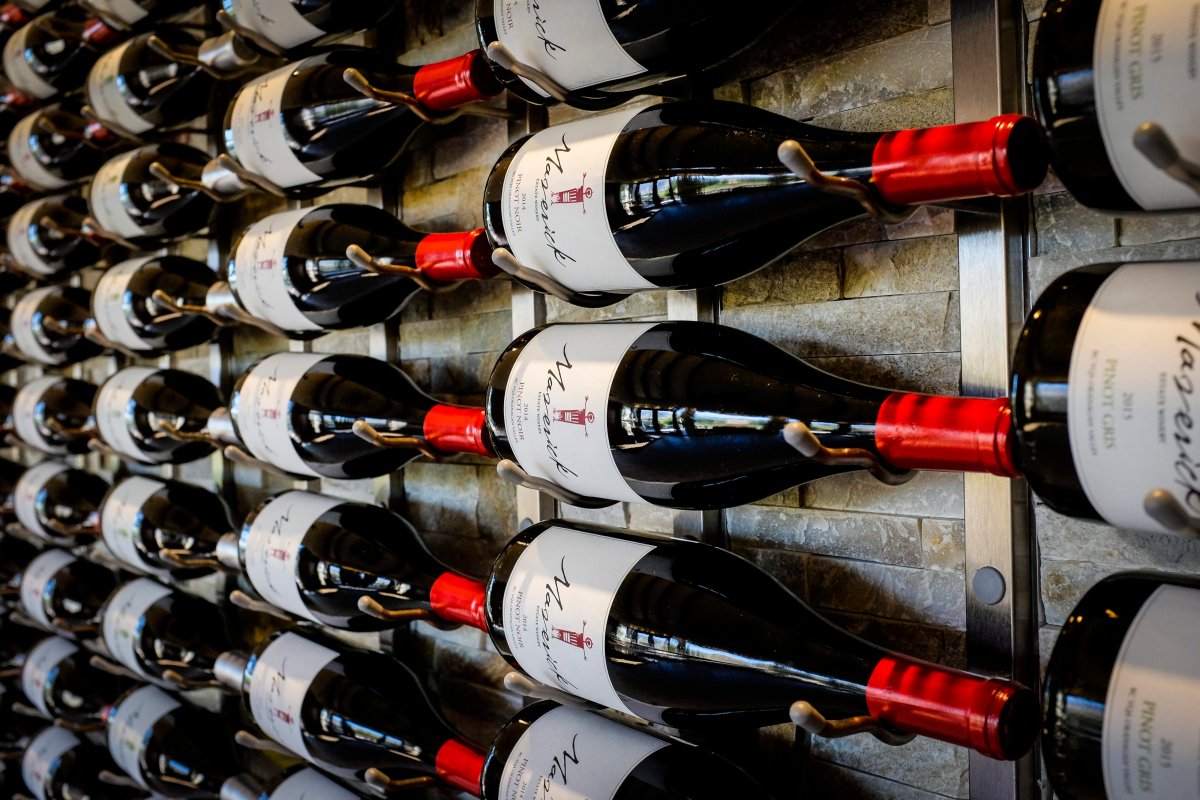Canadian wineries were facing enough challenges before getting caught in the middle of a dispute over pipelines, representatives of Ontario’s industry say in support of their colleagues in British Columbia.

Echoing concerns expressed by B.C. vintners, the president of the Winery & Grower Alliance of Ontario says the recently announced ban on the sale of B.C. wine to Alberta is “really quite disappointing.”
“We have a lot of challenges in our industry, and to make our industry a political football in a fight that has nothing to do with wine … the long-term impacts of that are pretty discouraging for us,” Aaron Dobbin told The Morning Show on 640 Toronto.
LISTEN: Aaron Dobbin joins The Morning Show on 640 Toronto
On Feb. 6, Alberta Premier Rachel Notley announced the province would be halting B.C. wine imports as a result of a dispute over the federally approved Kinder Morgan pipeline expansion, and B.C.’s plan to block higher volumes of bitumen from flowing from Alberta to the B.C. coast.
According to the BC Wine Institute, 30 per cent of all wine sold in Alberta is from B.C., at a value of about $160 million.
Richard Linley, president of the Wine Council of Ontario, said he trusts “calm and focus will prevail” in the dispute and discussions in the coming weeks.
“The large majority of wineries in Ontario and B.C. are small, family-run farms. So, to be caught up in a discussion related to oil pipelines is likely disappointing for our fellow wineries in B.C.,” he said in an emailed statement to Global News Radio 640 Toronto.
WATCH: How NAFTA could affect the wine industry

Both Dobbin and Linley mentioned that the squabble over inter-provincial trade comes as the country’s wine industry as a whole grapples with a larger conflict from beyond Canada’s borders.
“The timing of the boycott is also difficult given the active trade talks on NAFTA and more recently with Australia,” Linley said.
In October, Washington accused British Columbia of giving an unfair advantage to local vineyards by giving their wine an exclusive retail channel in grocery store shelves and cutting out U.S. competition.
And last month, Australia complained at the World Trade Organization about Canada’s rules on wine sales. Australia’s complaint expanded the U.S. argument, saying that not only B.C., but also Ontario, Quebec and Nova Scotia, as well as the Canadian government, had policies on wine that broke WTO rules.
“It appears that a range of distribution, licensing and sales measures such as product markups, market access and listing policies, as well as duties and taxes on wine applied at the federal and provincial level may discriminate, either directly or indirectly, against imported wine,” Australia said in its complaint.
Dobbin said while there are some Ontario wine products currently available in Alberta, it’s too early to tell whether the dispute will result in increased demand from the region.
— With files from Reuters








Comments